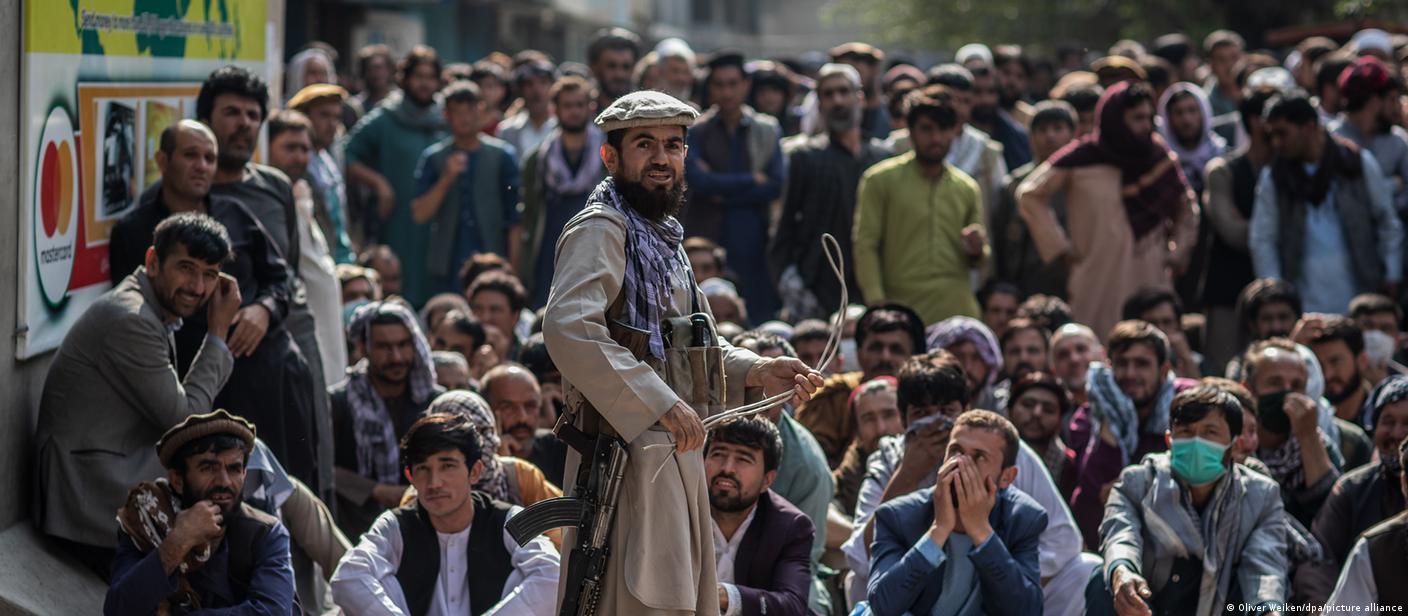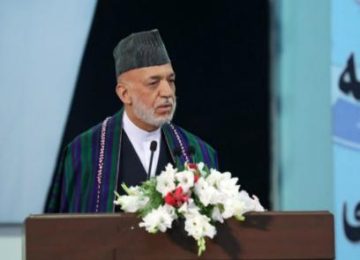Following their conviction for stealing and “moral offenses, three women and eleven men were publicly flogged on Wednesday, according to a provincial official. The beatings are the first to be confirmed since the top leader of the Taliban urged judges to strictly uphold Islamic law, or sharia, this month, claiming that corporal punishment was required for some offenses. The lashings were not done publicly, says Qazi Rafiullah Samim, the head of information and culture for the province of Logar.
The maximum number of lashings someone received was 39, and 14 people received discretionary punishment, 11 of them were men, and three were women. Amputation of limbs for thieves, public executions, stoning and flogging, and other components of Islamic law were ordered by the supreme commander Hibatullah Akhundzada to be enforced comprehensively by judges this month.
The main spokesman for the Taliban reported that he said, “Carefully check the files of thieves, kidnappers, and seditionists.”
“You are required to implement those files in which the hudud and qisas requirements of sharia have been satisfied.” As opposed to qisas, which means “retaliation in kind” or “an eye for an eye,” hudud refers to offenses for which corporal punishment is required.
Videos and images of Taliban fighters giving summary floggings to people charged with various offenses have been all over social media for months. Officials have just now confirmed that such a sentence was indeed ordered by a court. Since the Taliban gained control in August 2021 following a two-decade insurgency, other nations have been closely examining the Taliban’s record on women’s and human rights.
No foreign government has legally recognized the Taliban’s leadership, and several have harshly criticized its turnabout when they gave signs that secondary schools for girls will be opened statewide in March.
According to the religious enforcers of the Taliban, hundreds of loudspeakers have been set up in the Afghan capital to encourage people to pray.
According to the Ministry for the Promotion of Virtue and the Prevention of Vice, numerous abandoned stores and other structures have recently been transformed into mosques to allow for communal prayer by all.
As a result, individuals were unable to hear the Azan (call to prayer) during the previous administration, the ministry claimed in a tweet.
It stated that 400 loudspeakers had been set up throughout Kabul “so the public may listen to the Azan simultaneously.”
The Taliban have steadily imposed severe rules and restrictions that they claim are in line with Islamic sharia law since retaking control in August of last year.
November 24, 2022








